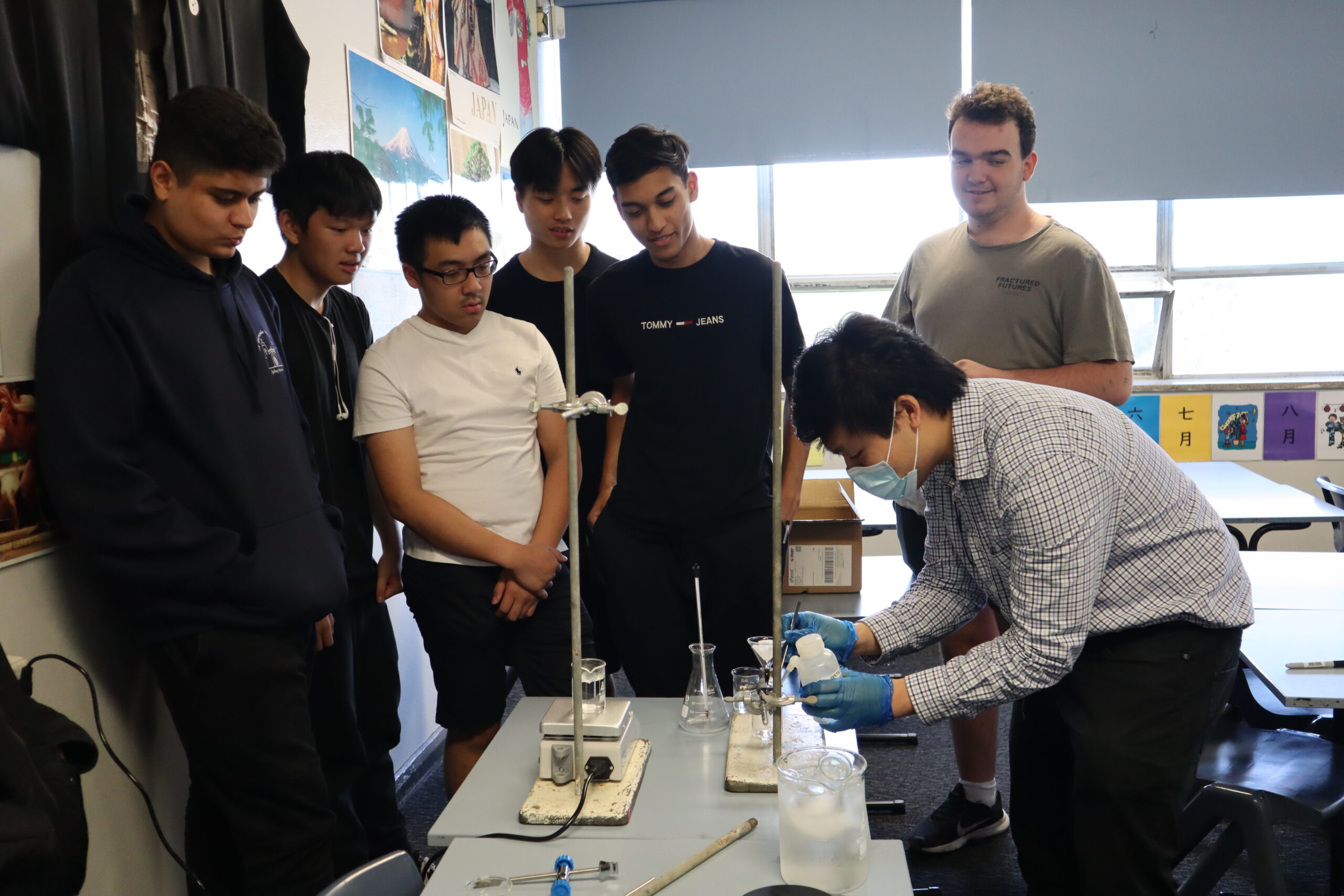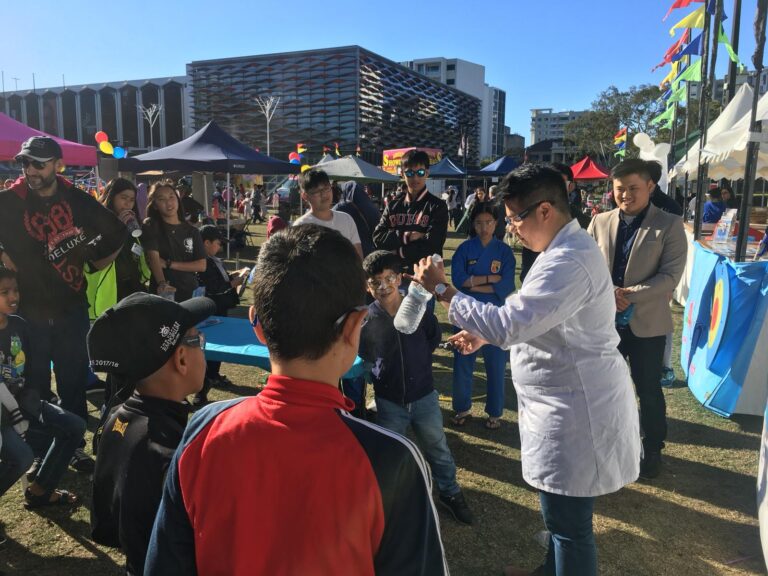How to Raise Student Motivation in the Final Weeks of Term
Introduction
As the end of term approaches, many students begin to feel the weight of school fatigue: exhaustion from continuous assessments, distractions from upcoming holidays, and a natural dip in momentum. For parents and students alike, it can be a challenging stretch—one where grades, engagement and confidence may slip just as curricula demands remain high. But rather than letting this period become a bottleneck, it can be a tremendous opportunity: a time to refocus, re-energise and finish the term with pride.
At Pioneer Education, we’ve observed that a few key strategies during these final weeks make all the difference—not only in academic results, but in shaping a mindset of perseverance and self-belief. Below, we explore how parents and students can raise motivation, maintain engagement, and end the term on a high note. And if you’d like more tailored support, our small classes and 1‑on‑1 sessions are always here to help.
Recognise Progress and Celebrate Wins
One of the strongest motivators is seeing how far you’ve come. Break down what’s been achieved over the term—projects completed, grades improved, skills gained. Encourage your child to reflect on their own progress: maybe they understood a maths concept that was confusing, improved their reading fluency, or developed better time management. Celebrating even small wins helps shift focus away from what is yet to be achieved toward what has already been mastered.
How to do this in practice:
- Keep a “Term Success Journal” where each week your child lists 2‑3 things they’re proud of.
- Parents or tutors can highlight strengths during feedback—”I noticed you were braver speaking up in class this week,” or “Your assignments are getting more detailed.”
- Use visible rewards (stickers, certificates, or simple treats) for effort, consistency, or improvement—and not only for perfect results.
This positive reinforcement boosts confidence and encourages students to tackle remaining tasks with energy and hope.
Set Clear, Manageable Goals for the Final Stretch
Motivation often falters when students feel overwhelmed by the remaining workload.
To avoid burnout and procrastination, it helps to set clear, realistic goals for the final weeks. These goals should be specific, measurable, and broken into bite‑sized steps.
Examples:
- Instead of “catch up in all subjects,” try “revise 10 pages from Science, one practice test in Maths, one new essay draft in English this week.”
- Use a weekly planner or visual checklist to map what needs doing each day—assignments, exam prep, reading. Crossing things off provides satisfaction and visible evidence of progress.
- Prioritise tasks that have the biggest impact (exams, assessments due) so urgent work doesn’t pile up.
By giving structure and clarity, students feel more in control, less overwhelmed—and more motivated to chip away steadily until the end.
Mix Up Learning Methods to Reignite Interest
When every lesson feels like more of the same, motivation drains. Inject variety into study routines to keep things fresh. Different modes of learning—visual, auditory, practical—can renew a child’s interest and help them retain information better.
Strategies to vary learning:
- Use mind–maps, diagrams or infographics instead of just reading or rewriting notes.
- Study groups or paired‑sessions with classmates (or even a tutor) where discussion or teaching someone else cements understanding.
- Incorporate technology: educational videos, interactive quizzes, apps that gamify revision.
- Change the environment: park, cafe, library or change time of day for study—sometimes a different setting makes all the difference.
These tweaks help break the monotony, re‑energise focus, and support diverse learning styles.
Maintain Well‑Being: Sleep, Breaks and Mindset
No motivation tip works well if the student is exhausted, stressed, or overwhelmed.
Academic success at term’s end is not just about study hours—it’s about balance. Well‑being underpins performance: good rest, nutrition, mental breaks, and a growth mindset all matter.
Tips:
- Enforce regular sleep schedule—avoiding late‑night cramming where possible.
- Schedule short, quality breaks during study (5‑10 minutes every hour), plus downtime for physical activity and fun.
- Teach mindfulness, breathing exercises, reflection: sometimes one deep breath or 5 minutes outdoors can reset focus.
- Encourage students to adopt a “growth mindset” view: see challenges or mistakes as opportunities to learn, not as failures. Remind them that many people excel by pushing through the tough parts.
When students feel cared for physically and emotionally, motivation stays higher and study is more effective.
Conclusion
As the final week of term draws near, the difference between coasting and finishing with strength often comes down to simple strategies: recognising progress, setting clear goals, mixing up how we learn, and caring for well‑being. With the right support, your child doesn’t just survive this stretch—they thrive in it.
At Pioneer Education, we believe that every student has the potential to finish the term strongly and build habits that carry into future success. Whether your child needs help consolidating content, boosting confidence, or reigniting motivation, our small group classes of eight or tailored 1‑on‑1 sessions are designed to do just that.
If you’d like your child to approach these final weeks with enthusiasm, focus and confidence, we warmly invite you to try out a class at Pioneer Education. Let us help turn these last weeks into a springboard—to high marks, joy in learning, and a powerful finish. Contact us today to learn how we can support your child’s journey.







